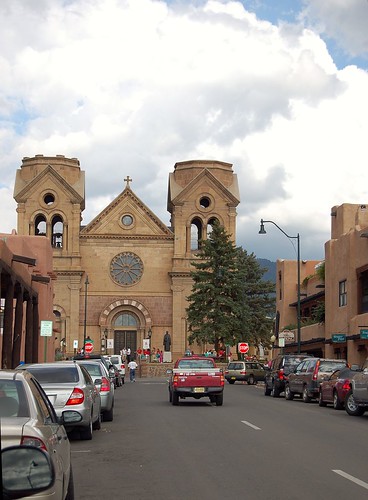UNESCO's budget is tiny when compared to the global governmental expenditures on education, science, culture and communications. Indeed, its total budget is much less than that of my local county for education.
UNESCO exercises no sovereign control over its member states. Each member state continues to exercise full sovereign control over its own people, territory and actions. UNESCO can not tell any state what to do, nor does it have any power to enforce the decisions of its governing bodies on its member states.
How then does it manage to achieve so much worldwide?
Examination of three networks of sites that have been created under UNESCO sponsorship provides one answer. They are:
In each case, individual member states nominate sites within their own territory, providing detailed discussions of the proposed sites to be included in the network. In each case, the sponsoring nation retains full sovereignty over the site, but commits to maintaining the site and to participation in the network with its own resources or those which it can generate from other sources.
In each case, UNESCO manages a review process to assure that nominees qualify for inclusion in the network and reviews the status of members of the network to assure that they still qualify. In each case, there is a subset of member states elected by the overall group of member states which is delegated oversight of the network, and a small bureau or secretariat to manage the networking functions.
In each case the member states have decided that the benefits of participation in the network more than justify the costs of participation. Decades of experience indicates that each network really works to promote cooperation among the sites included and to showcase important sites within the member nations to world attention.
The United States has been critically important in the creation of each of these networks, and Americans have provided intellectual leadership over the lifetime of each of them. Indeed, participation in each of these networks has provided a vehicle for cultural diplomacy, enabling the United States to achieve cultural and environmental objectives of its foreign policy in collaboration with other states. Through the collaborating networks these goals have not only been achieved more economically than would otherwise be possible, but indeed the goals might not have been at all possible without the collaboration of other sovereign states.
Finally, the networks provide the community of nations with an assurance of globally coordinated efforts to accomplish programs of global importance that would be beyond the capabilities of any member state alone.
 The Santa Fe International Conference on Creative Tourism will be held September 28 - October 2, 2008 in Santa Fe, New Mexico, the United States’ first UNESCO Creative City.
The Santa Fe International Conference on Creative Tourism will be held September 28 - October 2, 2008 in Santa Fe, New Mexico, the United States’ first UNESCO Creative City.








